EDITORIAL
Published on 15 Jul 2024
Editorial: Nutrition, diet and endocrinological health in female children and adolescents
doi 10.3389/fnut.2024.1459419
- 589 views
5,611
Total downloads
28k
Total views and downloads
EDITORIAL
Published on 15 Jul 2024
OPINION
Published on 14 Mar 2024
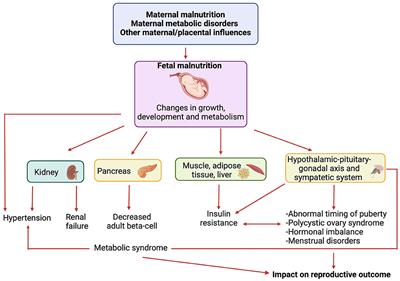
REVIEW
Published on 29 Sep 2023
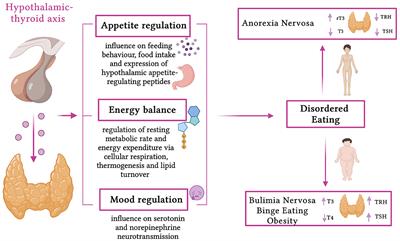
ORIGINAL RESEARCH
Published on 12 Sep 2023
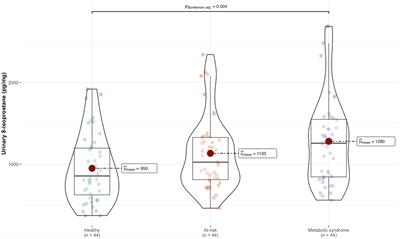
SYSTEMATIC REVIEW
Published on 06 Sep 2023

ORIGINAL RESEARCH
Published on 05 Jul 2023
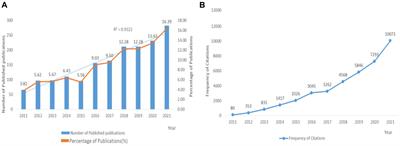
REVIEW
Published on 12 May 2023
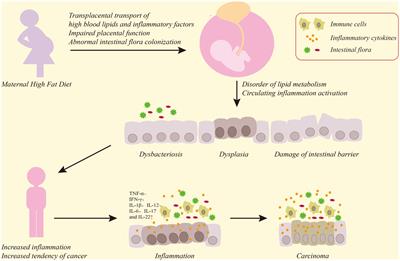
ORIGINAL RESEARCH
Published on 19 Jan 2023

